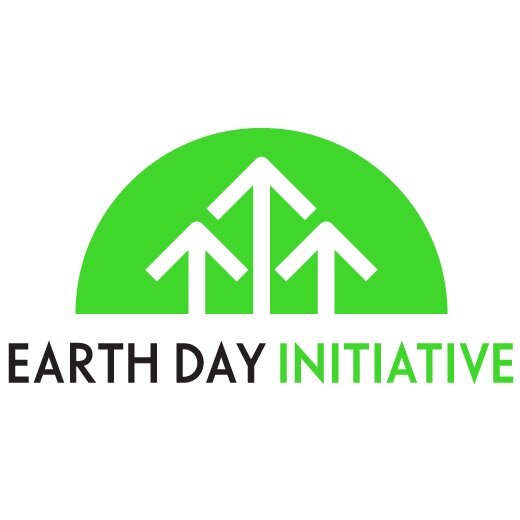One of our schools gets a lesson in sustainable agriculture from an organic restaurant franchise.
At this Gotham Grazer school, a new quarter means a whole different group of students. We hit the ground running for these classes and started right away with the food mapping exercise, getting the students to think about the sustainable food resources that exist in their neighborhoods. After Thanksgiving break, we had a guest speaker from Bareburger, a franchise that serves organic meals made with locally grown ingredients, as well as sustainably-sourced (and somewhat unconventional) meat, such as bison, elk, and duck. Their menu also has a variety of meat-free and gluten-free options. Gotham Grazer is proud to call Bareburger a partner in our program, and we were so excited to have them visit!
The students were addressed by Anthony Roman, who gave a thorough run-down on what organic farmers do differently than conventional farmers and explained how food sustainability is a key component to Bareburger's business model. Anthony also stressed the importance of purchasing power and voting power, empowering the students to realize the impact that their choices have. We had an active discussion in both class sessions about the student's opinions on eating sustainably and their experiences at different restaurants, and many were excited to check out the food at their nearest Bareburger. A big thank you to Anthony and Bareburger for all of their support in our program, and we are looking forward to having them visit our other schools!


